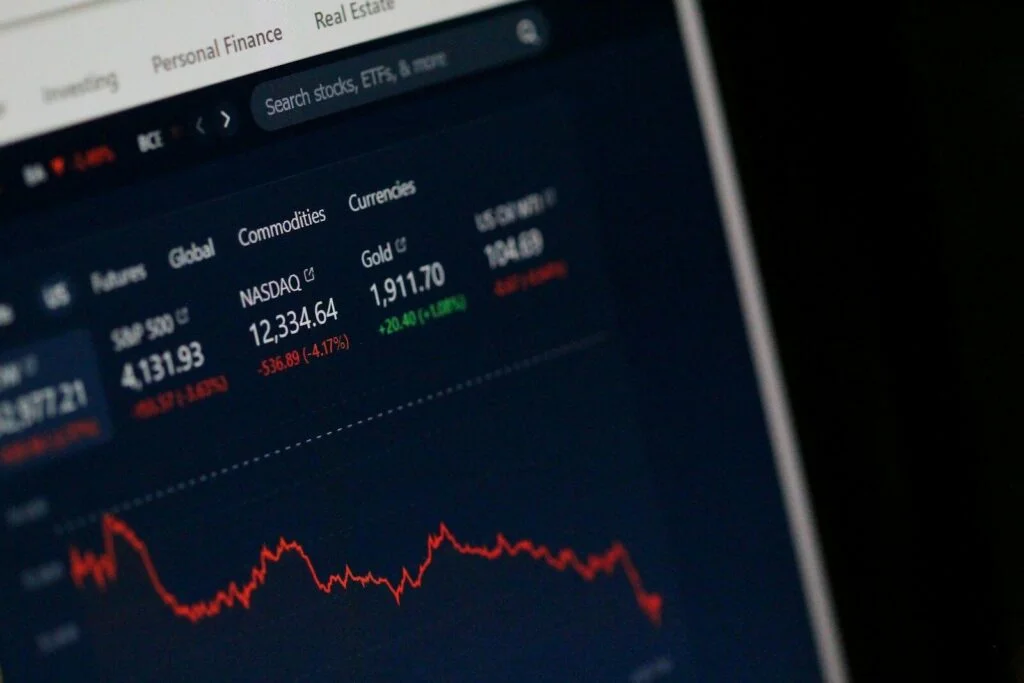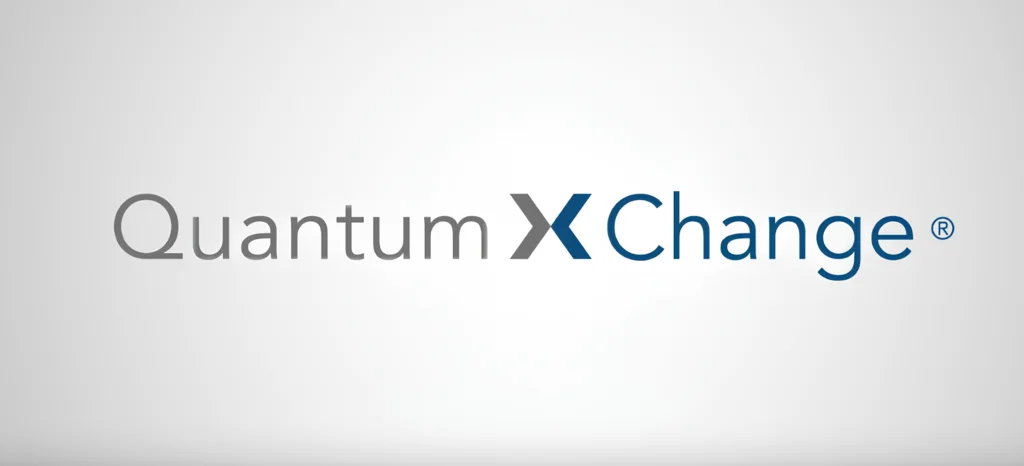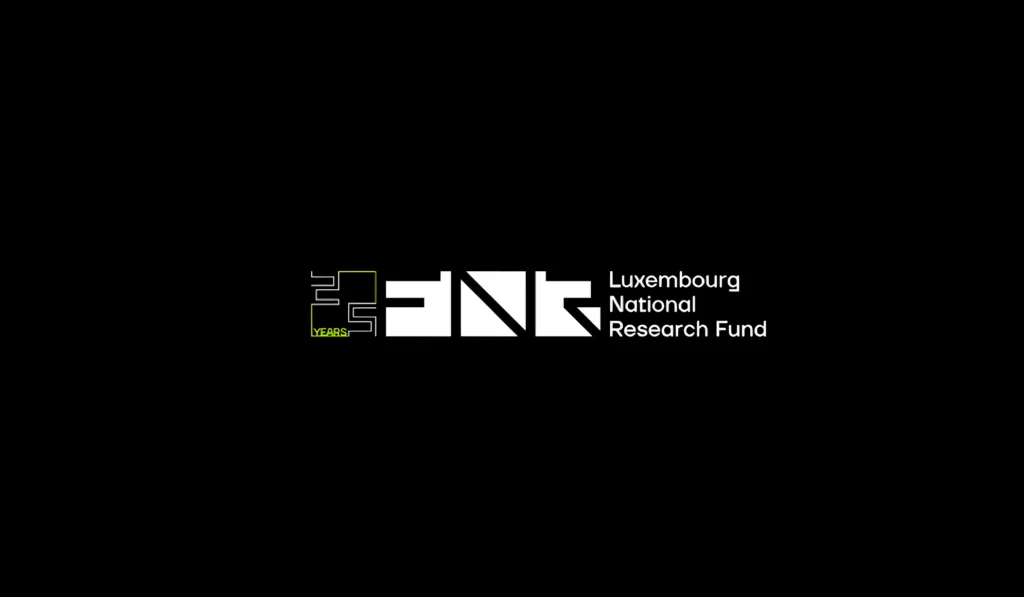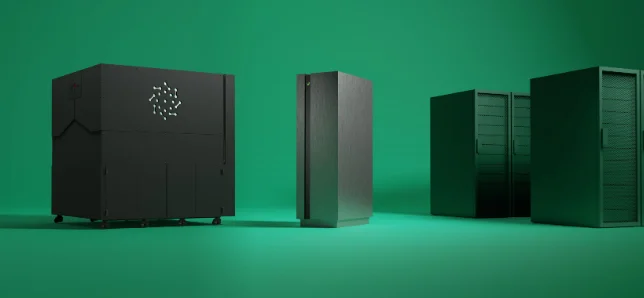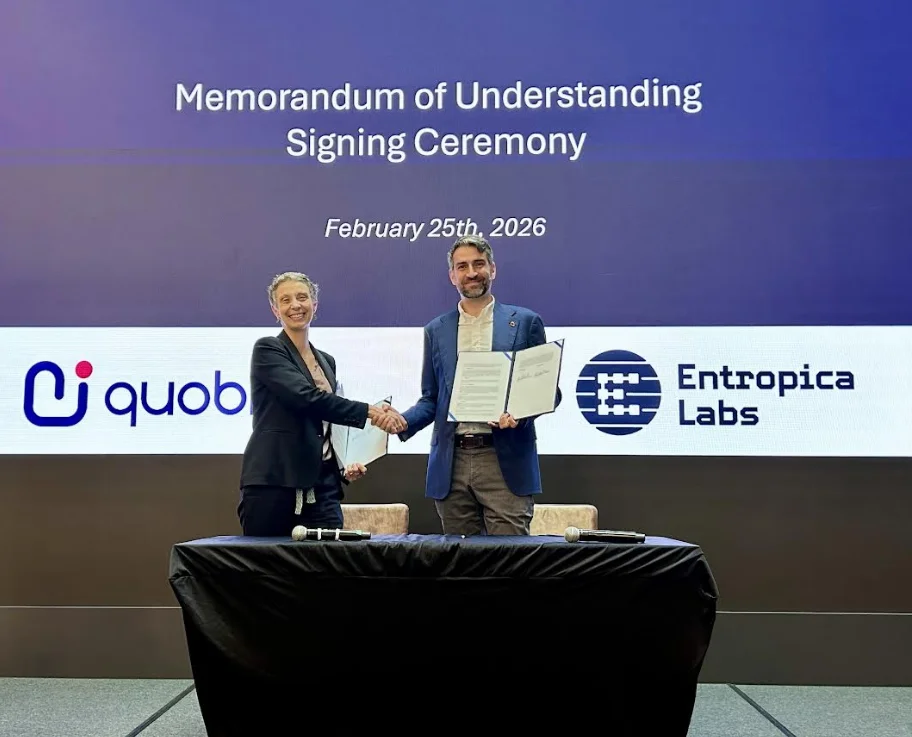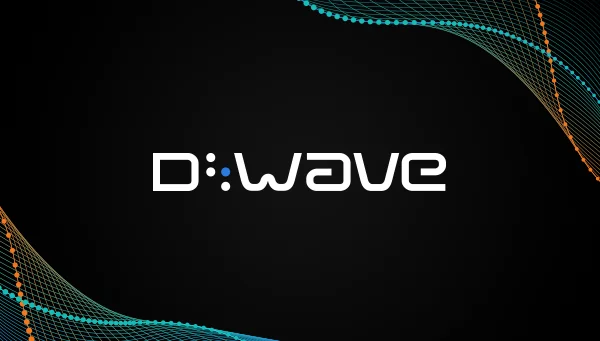Insider Brief
- At Quantum World Congress 2024, Microsoft’s VP of Quantum Software, Dr. Krysta Svore, highlighted the integration of quantum computing with AI and high-performance computing (HPC) to drive scientific breakthroughs, emphasizing the partnership with Atom Computing to enhance Azure Quantum.
- Microsoft’s qubit virtualization system is central to its strategy, transitioning from physical to logical qubits for scalable quantum computing, aiming to achieve scientific quantum advantage at 100 logical qubits for complex applications like quantum chemistry.
- Svore explained the synergy between quantum computing and AI, using quantum machines as data generators to train AI models, with plans to scale quantum capabilities and solve industrial-scale problems in materials science and chemistry.
At the Quantum World Congress 2024, Dr. Krysta Svore, Microsoft’s Vice President of Quantum Software, delivered an impactful talk outlining Microsoft’s vision for advancing science with reliable quantum computing. Svore stressed the importance of combining quantum computing with artificial intelligence (AI) and high-performance computing (HPC) to unlock the next wave of scientific discovery.
Introducing Microsoft’s collaboration with Atom Computing, Svore noted that this partnership will enhance the capabilities of their Azure Quantum platform.
“We now have a partnership with Atom Computing to bring neutral atom capabilities to our Azure Quantum compute platform,” Svore stated, signaling a new era of hybrid applications.

Central to Microsoft’s strategy is their qubit virtualization system, which enables more efficient use of quantum and classical resources.
“It’s really about graduating from the physical qubit realm to logical qubits,” Svore explained. By orchestrating pools of physical qubits into logical qubits, Microsoft aims to achieve scalable quantum computing, a milestone that’s crucial for tackling complex scientific challenges.
Svore went on to describe how quantum computing, when integrated with AI and HPC, can accelerate scientific advancements.
“You need to bring together the scale of HPC, the ability to automate across many capabilities in the cloud, and then use the reliable quantum computer as an accelerator,” she said. This hybrid approach allows for high-accuracy results in fields like energy estimation and chemical reactions, which are beyond the reach of classical computing methods.
One of the key elements in Microsoft’s roadmap is their goal to scale quantum computing capabilities to a level that delivers real-world impact.
“At fifty logical qubits, you are beyond what you can classically simulate, but it’s at 100 where you achieve scientific quantum advantage,” Svore noted. This advancement is particularly relevant for applications in quantum chemistry, where understanding reaction rates and catalysis problems could lead to groundbreaking discoveries.
Svore also focused on the role of AI in the quantum landscape. Rather than using quantum computers to train AI models directly, which would require a massive infrastructure, Microsoft sees quantum machines as powerful data generators.
“The quantum machine gives you access to data you don’t otherwise have classically. You can simulate and prepare a quantum state, sample it, and use these samples to train AI models,” she explained. This synergy between quantum data and AI models can significantly enhance predictive capabilities in scientific research.
Looking to the future, Svore outlined Microsoft’s ambitious plans for scaling up their quantum computing efforts, with a focus on logical qubits.
“We have a roadmap that takes us together to 50 and then on to 100 and beyond,” she said, referring to the partnership with Atom Computing. By co-designing systems optimized for quantum error correction, Microsoft aims to build quantum machines capable of solving industrial-scale problems in fields like materials science and chemistry.
Microsoft — like others in the space — remains at the forefront of this transformative technology. With their Azure Quantum platform, the company is not only pushing the boundaries of what quantum computing can achieve but also integrating it seamlessly with AI and HPC to unlock new frontiers in science.
“It’s all about the logical qubits,” Svore concluded, which reinforces the importance of reliable, scalable quantum computing in shaping the future of scientific discovery.









